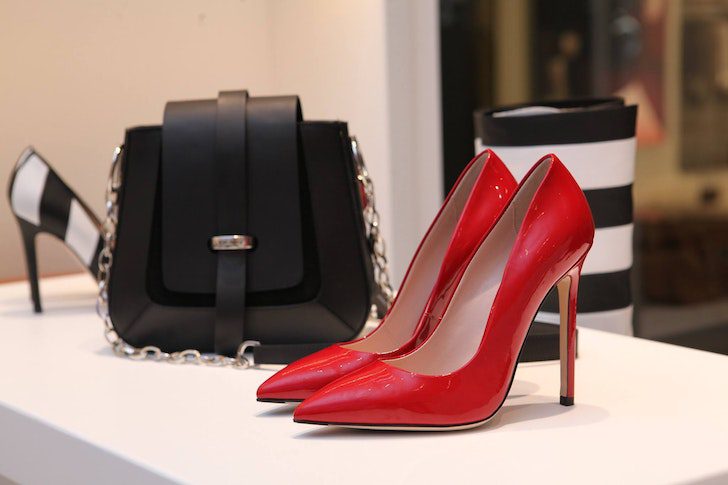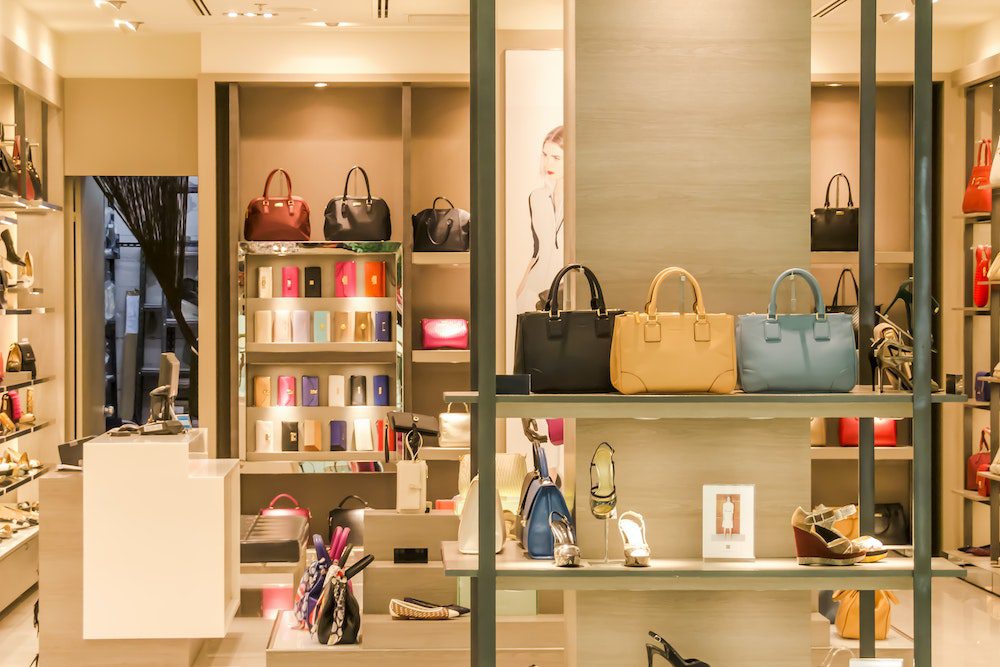There was once a time when people spent hours on their clothes to pick the perfect fabric for the best stitching in town. But, as times have evolved, so has fashion. It has introduced us to disposable, cheap, and short-spanned in the form of fast fashion. Today, in some parts of the world, fast fashion is still considered to be a relatively new concept.
This trend was launched to give people a chance to own what they see at a cheaper rate, and with this reduced price, it comes with low-quality fabric made by cheap labor that is unethically sourced from developing or underdeveloped countries. Conversations and debates surrounding the morality of fast fashion are more rampant today than ever.

Godisable/Pexels | Doesn’t it make you wonder why is fast fashion only gaining more and more popularity?
This is because people enjoy the affordability that this kind of fashion has to offer to the point that they are willing to overlook the shady side of this massive industry. Thanks to this increased popularity, brands like H&M are coming under pressure, trying to compete with other fast fashion brands like Zara and Shein. Keep on reading to get an inside scoop on the fast fashion industry.
Not Looking Good
According to H&M’s annual reports, it shows that the company’s shares have suffered a significant loss of 7%, and this took place after the company revealed that the net sales for its fourth fiscal quarter increased by 10% per year to reach $6.1 billion. But since the past year, this number has remained unchanged.

Alexandra/Pexels | There are many factors as to why this could have happened
The most prominent one is that this fast fashion industry is becoming more and more saturated as new brands emerge to give the audience trendy yet affordable clothing items. While H&M hasn’t managed to maintain its generally impressive performance, brands like Shein and Zara have been maintaining their momentum despite the economic instability.
Causes Of Fall
Certain things can be pointed out as to why H&M could not pull through for this year, and one of them happens to be that this company became the first major European retailer to cut its workforce by 1500 people to combat the rising costs and inflation. The company also closed up 145 stores in Russian, Ukrainian, and Belarus territories and temporarily closed a bunch of stores in China.
Another factor was the different pricing strategy that was adopted by the fashion brand. Generally, most companies would try to sell their products at full price, especially when the product is a well-loved article. H&M offered 30% off on all of its stocks for sales like Cyber Monday and Black Friday, and the last nail in the coffin is H&M’s approach to expanding.

Terje/Pexels | H&M announced that it would be launching 150 new stores but shutting down 250 of its pre-existing stores
For many companies, the inflation and rising costs are making it difficult for them to reach their maximum potential, and unfortunately, H&M happens to be one of them






